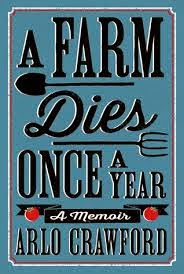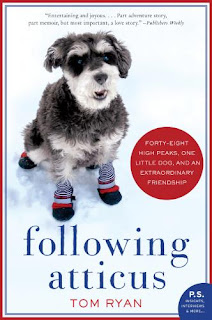If you even remotely paid attention to me on Facebook, you would know who my favorite candidate was during the Democratic primaries. Going into them, I actually had three favorites: Buttigieg, Castro, and Harris. They were the three individuals that I had been paying attention to for years, and will always hold a lot of admiration for. In the beginning, the three of them were pretty much grouped together, with no real order of preference. For that matter, I would have been in heaven had anyone found a way to set up triumvirate government, with the three of them sharing power.
As the primaries slogged on, Pete started to edge ahead of the other two. And by the time he dropped out, he was my first choice. I won't go into the policy issues that pushed me his way, though I could list quite a few, this just isn't the place to do that. Stylistically, he was also the one I was able to connect to the most. Again, since this isn't the real point of this post, I'll skip over that as well. Which leaves us with the deeply personal connection I felt to him and his campaign, and his husband, Chasten, had a lot to do with that.
As a gay man, who struggled with acceptance as a kid, seeing an out man have a real chance at the White House, was something I never thought I would see in my lifetime. Seeing my lived experience as a gay man, in someone who could easily be President of the Untied States, was nothing short of life affirming. Getting to know him, as well as you can through the media and his own book, was something I would have loved to experience when I was younger. The visibility and example he lives, gives our youth a glimpse of what it means when we say, It Gets Better.
The truly joyful part of Pete's campaign, was getting to see and "know" his husband, Chasten. If you have ever followed Chasten on social media, how he comes across there, is the same way he comes across in his memoir. His intelligence, loving heart, and wit are on full display. He doesn't pull punches, but he wraps them in both understanding and humility. He owns up to the mistakes he made, and seems to be someone who truly knows who he is. He comes across as humble, but with the understanding that he and his husband represent a sense of hopefulness for the future in terms of LGBTQ+ acceptance in a country that doesn't always feel welcoming, and oftentimes dangerous.
When I first saw their Time magazine cover, with the words First Family, I cried. If I had seen that as a kid, it would have been everything to me, like seeing Norm on the first season of The Real World or watching the 1993 LGB March on Washington. I hope this book an be that touchstone for some of today's youth, just looking to know they aren't alone.























